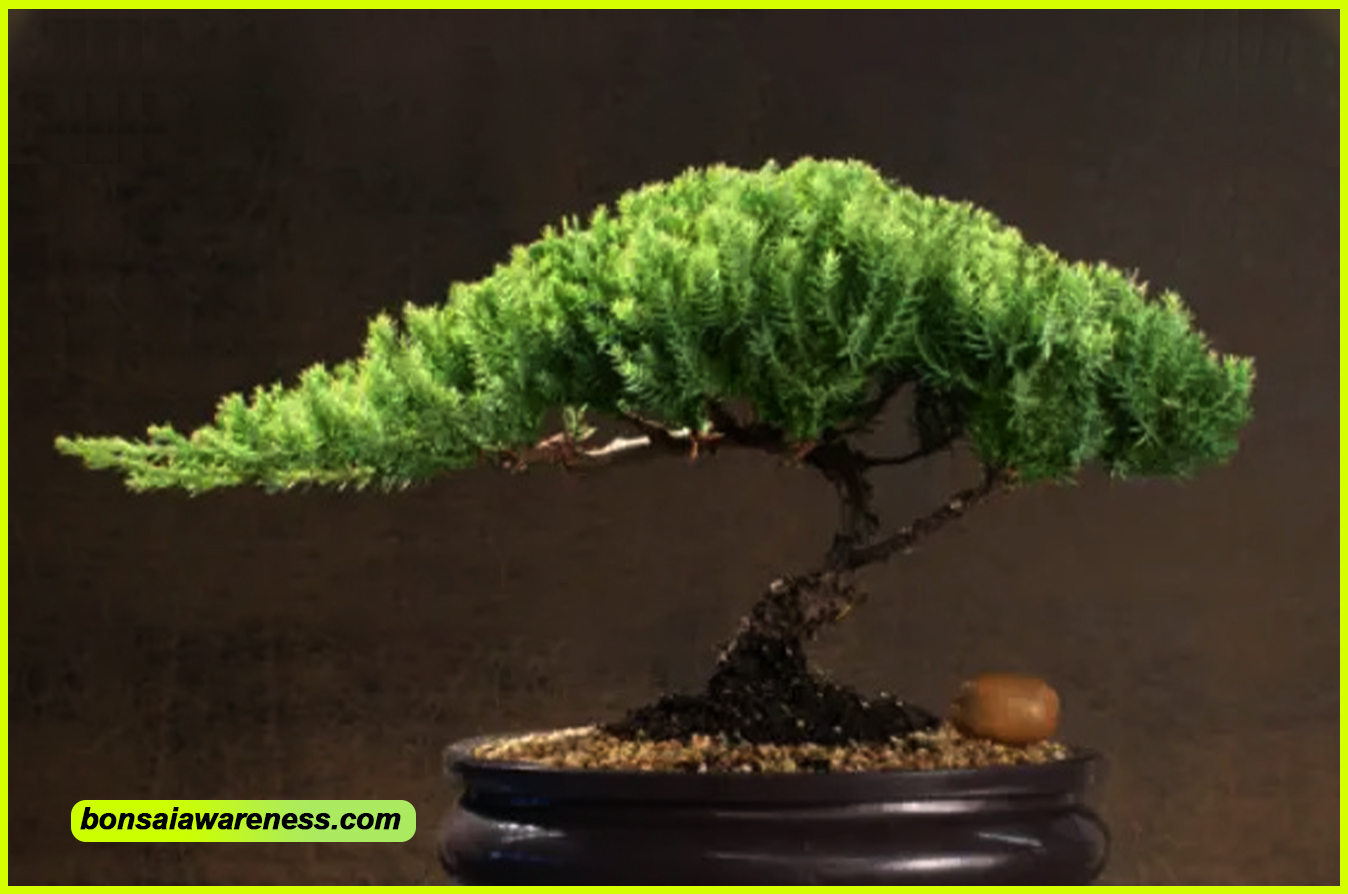To take care of a bonsai tree, provide adequate sunlight, water, and fertilizer while trimming and shaping it regularly. A bonsai tree is a miniature version of a full-sized tree, trained and cultivated to fit in a small space.
It requires special care to maintain its unique shape and size, making it a popular choice for indoor gardening enthusiasts. Sunlight is crucial for the tree’s growth, so place it near a bright window or under artificial grow lights. Water the tree regularly, allowing the soil to dry slightly between watering sessions.
Fertilize every few weeks during the growing season to provide the necessary nutrients. Additionally, regular pruning and shaping help maintain the bonsai’s form and prevent overgrowth. By following these steps, you can successfully care for a bonsai tree and enjoy its beauty for years to come.
Choosing The Right Bonsai Tree
When selecting a bonsai tree, it is essential to consider the environment in which it will be placed. Bonsai trees come in various species, each requiring specific conditions to thrive. Take into account factors such as sunlight, temperature, and humidity levels to ensure the tree’s long-term health.
Another crucial aspect is determining your level of commitment. Some bonsai trees require more care and maintenance than others. Be realistic about the time and effort you are willing to invest in caring for your bonsai tree. Consider your lifestyle and availability to dedicate to its care.
Understanding Bonsai Tree Care Basics
Proper care is crucial for the health and longevity of your bonsai tree. Watering, lighting, and pruning play important roles in nurturing a bonsai tree.
Watering
Watering is essential, but overwatering can be detrimental. It is important to find the right balance. Ensure the soil is moist, but not saturated. Water the tree deeply and regularly. Observe the condition of the soil before watering again.
Lighting
Lighting is another critical aspect of bonsai tree care. Place your bonsai in a location that offers adequate natural light. Indirect sunlight is preferable, but each species has its own unique light requirements. Rotate the tree from time to time to promote even growth.
Pruning
Pruning is vital to maintain the shape and proportions of your bonsai tree. Regularly trim away any dead or excessive branches and leaves. Be careful not to remove too much foliage at once, as it can weaken the tree.
Creating The Ideal Growing Conditions
A bonsai tree requires specific care to thrive. For the ideal growing conditions, carefully select the soil and pot. Use well-draining soil to prevent waterlogging, and choose a pot with good drainage holes. Controlling humidity and temperature is crucial. Ensure the environment is neither too dry nor too humid. Aim for a temperature range of 15-25°C, and place the bonsai away from drafts or extreme heat sources. Regularly monitor and adjust the conditions to meet the bonsai’s needs. Remember that consistent care and attention will help your bonsai thrive.
Recognizing Common Bonsai Tree Problems
Recognizing Common Bonsai Tree Problems:
Pests and Diseases: Bonsai trees are prone to pests and diseases, which can negatively impact their health. Common pests include aphids, spider mites, and scale insects. Regularly inspecting your bonsai tree for any signs of infestation is important. If you notice small insects, webbing or sticky residue on the leaves, take immediate action. There are various organic insecticides and pesticides available that can effectively control these pests.
Overwatering and Underwatering: Adequate watering is crucial for bonsai tree care. Overwatering can lead to root rot, while underwatering can cause the tree to wither and die. To avoid overwatering, make sure the soil has proper drainage and only water the tree when the top layer of soil feels slightly dry. Conversely, to prevent underwatering, check the soil moisture regularly and water the tree when it starts to feel dry.
Tips From Bonsai Tree Experts
Properly caring for a bonsai tree requires patience and attention to detail. One important aspect is choosing the right tools for the job. Bonsai enthusiasts suggest using a narrow, concave cutter to prune branches, a sharp pair of scissors for fine trimming, and a root rake to maintain the tree’s root system. Additionally, regular watering is crucial in preserving the tree’s health. Avoid overwatering as it can lead to root rot. It is also important to provide proper lighting and temperature conditions, as well as a suitable potting mix. Fertilizing is necessary to ensure the tree receives adequate nutrients, but it should be done in moderation. Remember, mastering the art of patience is key in bonsai care, as the tree requires time to develop and flourish.
Frequently Asked Questions For How Do You Take Care Of A Bonsai Tree
How Do You Take Care Of A Bonsai Tree For Beginners?
To care for a bonsai tree, place it in a well-lit area, keep soil moist but not waterlogged, and prune regularly. Use a fertilizer tailored for bonsai plants and repot when roots outgrow the container. Be attentive to the specific needs of your bonsai species for optimal growth.
How Often Do Bonsai Trees Need To Be Watered?
Bonsai trees need to be watered regularly, usually every 2-3 days. The frequency may vary depending on factors like temperature, humidity, and tree size. Observe the soil moisture level and water accordingly to prevent over or under watering.
How Do You Take Care Of A Potted Bonsai Tree?
To take care of a potted bonsai tree, place it in a spot with enough sunlight and water it regularly. Prune and shape the tree to maintain its desired size and style. Use well-draining soil and fertilize it as needed for optimal growth.
Monitor for any signs of pests or disease and take prompt action if needed.
Is It Ok To Keep A Bonsai Tree Indoors?
Yes, it’s okay to keep a bonsai tree indoors as long as it receives adequate light and care. Indoor bonsai trees require attention to temperature, humidity, and watering to thrive. Keep in mind the specific needs of your bonsai tree for best results.
Conclusion
In caring for a bonsai tree, patience and diligence are key. Regular watering, proper pruning, and attention to proper light and temperature are essential. Remember to repot your bonsai regularly and monitor for pests and diseases. With the right care and devotion, your bonsai tree will thrive and bring you joy for years to come.


Leave a Reply